Fifteen-year-old Dusty, a ward of the state, is forced to work in a logging camp during the Depression. Despite the bleakness of her life, spirited Dusty dreams of escape.
Author: Book Importer
Witcracks
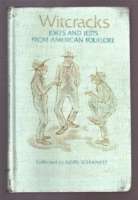
Traces the history and gives examples of puns, shaggy-dog stories, and other jokes from American humor of the nineteenth and twentieth centuries.
The Legend Of Sleepy Hollow
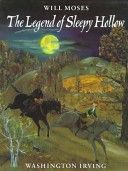
A superstitious schoolmaster, in love with a wealthy farmer’s daughter, has a terrifying encounter with a headless horseman.
The Narrow Escapes of Davy Crockett
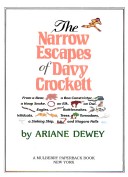
Recounts the wild adventures of Davy Crockett, including his tangles with a wrestling bear, eagles that wish to pull out his hair, and an alligator he rides up Niagara Falls.
The People Could Fly
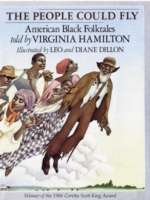
Retold Afro-American folktales of animals, fantasy, the supernatural, and desire for freedom, born of the sorrow of the slaves, but passed on in hope.
The Phoenix Dance
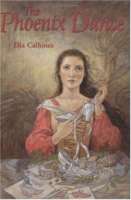
A journey through madness and mania On the island of Faranor in the kingdom of Windward, twelve princesses dance their shoes to shreds each night. No one knows why. Not the king or queen. Not the knights, lords, or ladies-in-waiting. When the queen blames the royal shoemaker, his apprentice, Phoenix Dance, puts her life at risk to solve the mystery. She braves magic spells, dragons, evil wizards, and the treachery of the princesses themselves. As Phoenix faces these dangers, she finds herself caught in the dangerous dance inside herself – a dance of darkness and light, a dance that presents her with the greatest challenge of her life. This captivating companion to Aria of the Seaweaves a retelling of Grimm’s fairy tale of the Twelve Dancing Princesses with the story of a young woman’s inward journey toward an understanding of a scary, unpredictable part of her own nature.
The Pig Scrolls
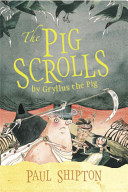
A translation of an ancient Greek manuscript written by Gryllus, a talking pig who was once a man, which describes the many adventures that he and his companions–a junior prophetess named Sybil and a bumbling goatherd–experience while traveling to Delph
The Red Heels
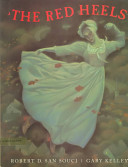
An itinerant shoemaker in colonial New England makes a pair of shoes for a beautiful young woman, although he fears the red heels are a sign that she is a witch.
The Sea Chest
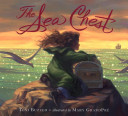
A young girl listens as her great-aunt, a lighthouse keeper’s daughter, tells of her childhood living on a Maine island, and of the infant that washed ashore after a storm.
The Singing Geese
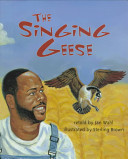
Sam Bombel shoots a goose and brings it home for his wife to cook for dinner, but when it is set on the table, the other geese come to reclaim it.
